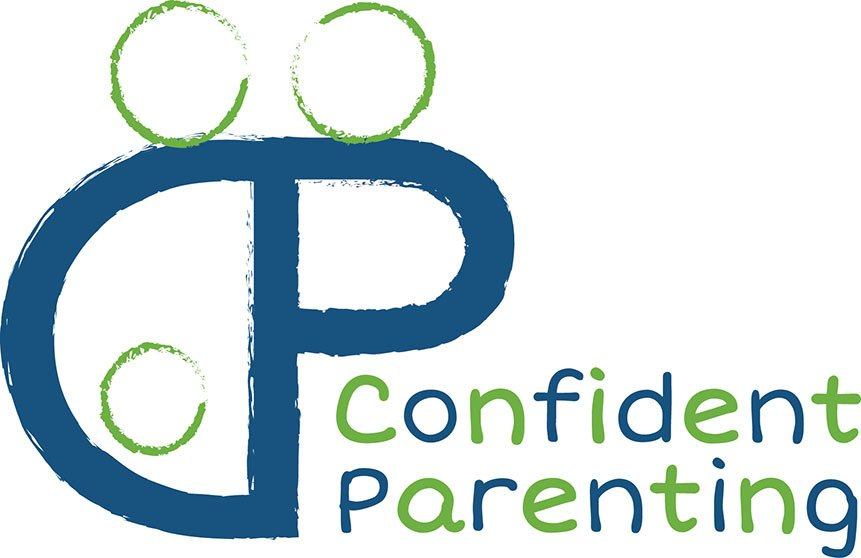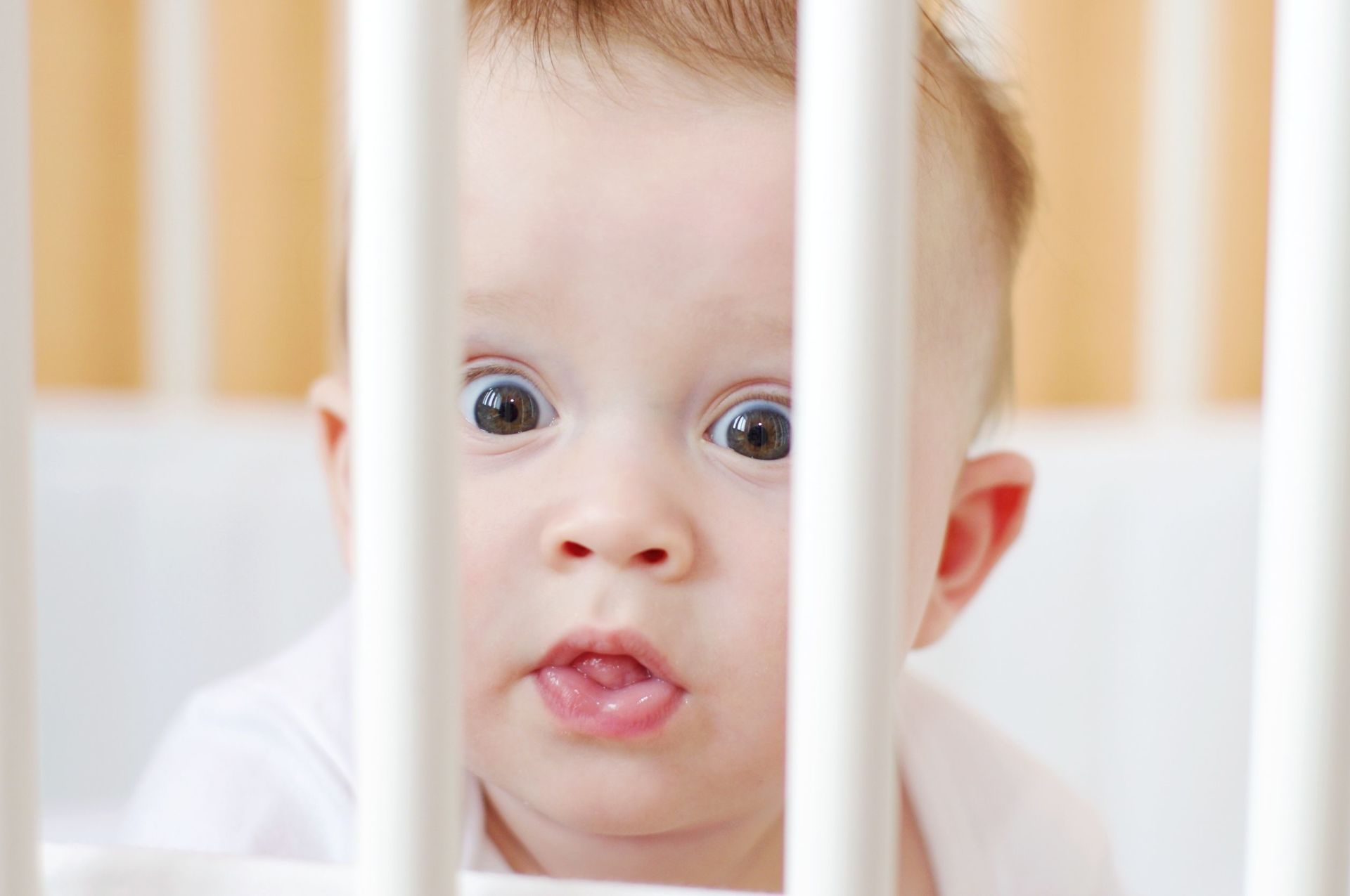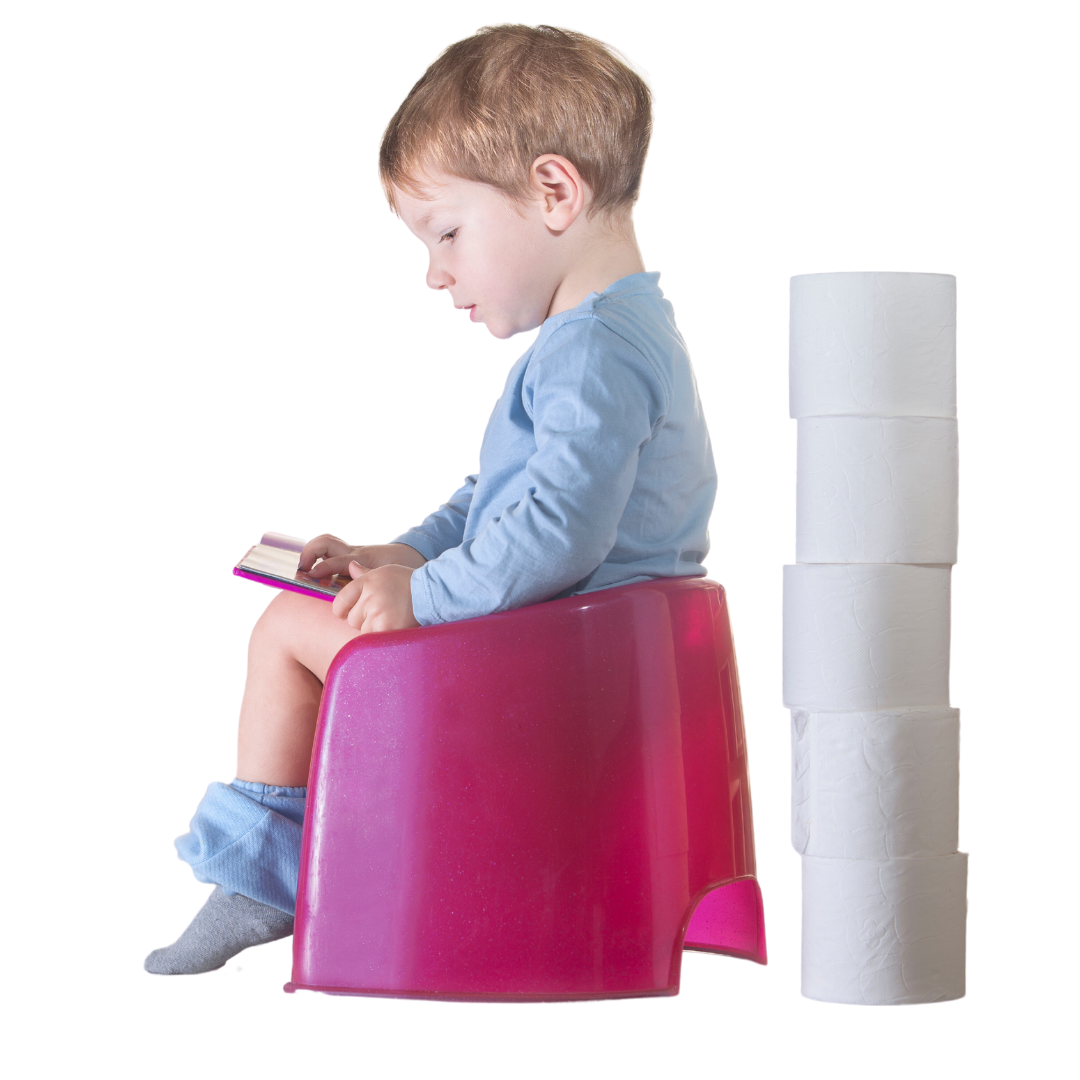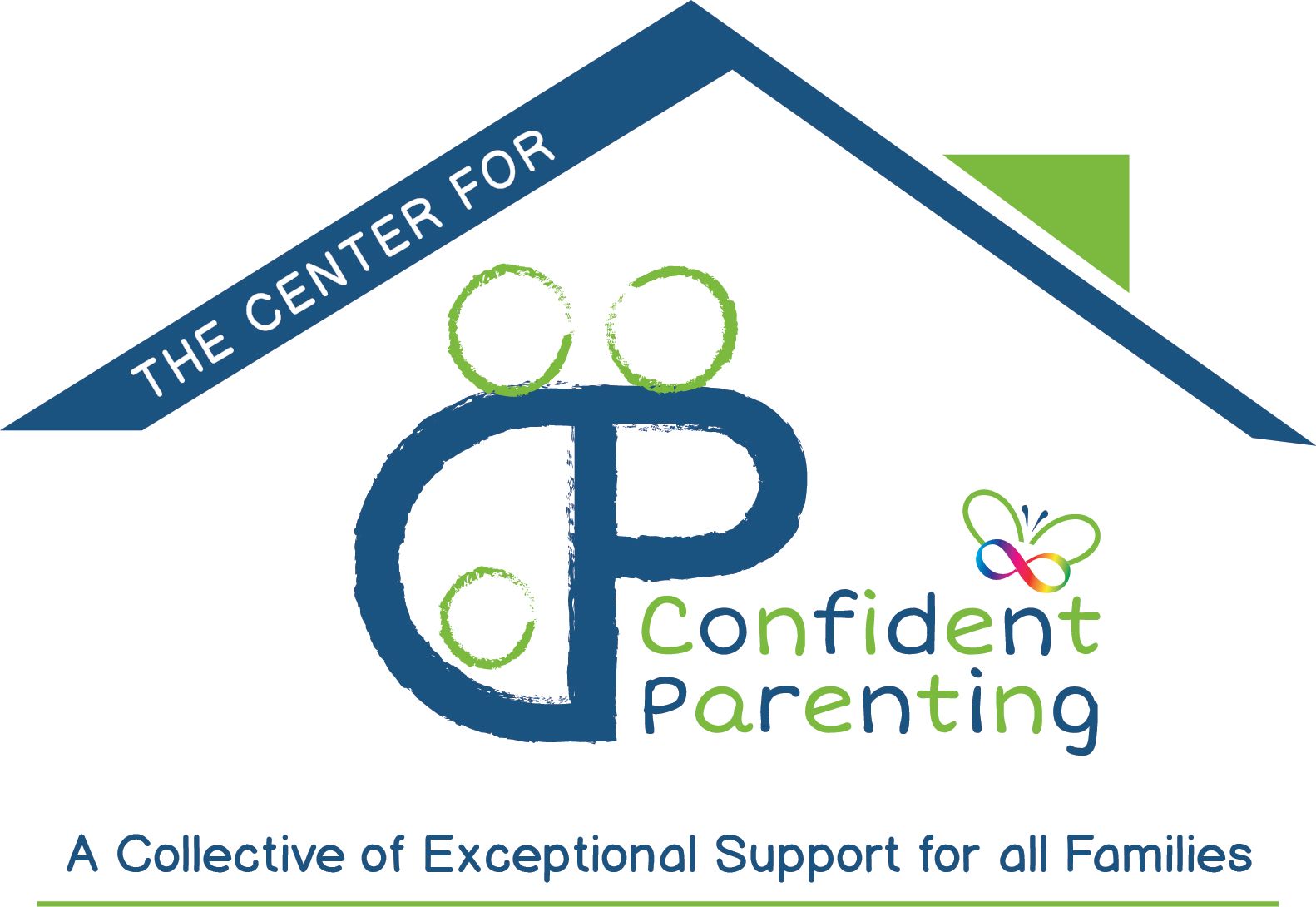If you are a new or expecting parent, understanding what normal newborn sleep looks like, and why, is key to surviving this stage. Our sleep team has rounded up the top four facts you need to know.
Fact #1: Newborns Sleep Lightly
New parents often express concern that baby isn’t settling into deep sleep periods. It is reassuring to know that is normal. It takes an organized brain to rouse from deep sleep and newborns are designed to be disorganized. So, Mother Nature in effect says, “Hey baby. You’re too new to enter a deep sleep very often or to stay there very long. Let’s save that for later.” Newborns spend as much as 70% or so of their sleep periods in light cycles.
What it Means for You:
In those light cycles, baby is prone to vocalizing and moving around quite a bit. If you are following the recommendation to keep baby close but that is resulting in too much
disruption to your own sleep, you may need to reevaluate. Also don’t be too quick to intervene when baby is moving and making noise, assuming they are awake. Get in the habit of “stop, look and listen”, taking the time to notice whether they are truly awake and needing you or just sleeping lightly.
Fact #2: Newborn Sleep Cycles are Short
Unlike adults, who tend to sleep for at least 90 minutes at a stretch before shifting between cycles, newborns spend only 45-50ish minutes asleep before shifting. Again, rousing often is one more way Mother Nature protects a new, disorganized little human.
What it Means for You:
Short cycles mean that you may hear from baby sooner than you hoped. Don’t be too quick to assume baby is done sleeping though. They may just need a bit of assistance shifting into the next sleep cycle. Think of it is a speed bump they need to be nudged over or through. Try getting to baby quickly and laying a heavy hand on their chest and/or jiggling the crib and making a shushing sound. If that isn’t working within a few minutes, try picking them up and spending 5-10 minutes helping them back to sleep in the same way you initially helped them into sleep.
Fact #3: Newborns Can Get “Stuck”
When a full-term baby is born, the brain is only about 25% of the way developed, much less mature than other mammals. For preterm babies, this holds true even more. Since the brain is the control center for the body, and since it has a long way to go in terms of maturing, babies struggle with self-regulation, the ability to shift between states. For example, a baby who is crying is unlikely to shift to a state of calm without your intervention. Similarly, a baby who is growing tired may get “stuck” in an awake state, becoming
overtired and overprocessed unless you intervene. We expect our baby to need help with things like feeding and diapering but we don’t necessarily realize they may need the same level of help to fall and stay asleep. This often leads to what we refer to as colic or the witching hour(s), periods of inexplicable crying.
What it Means for You: This knowledge means you may need to be more proactive than reactive with your soothing techniques. Try to notice how much time baby has spent awake leading up to difficult periods of fussiness and
fighting sleep. Then, for the next wake cycle, try to start your
soothing to sleep techniques
ahead of that mark. You may find that baby can only tolerate being awake for a maximum of 45, 60 or 75 minutes in these early months. That leaves little time for more than the “business” of feeding, changing and soothing but it may also mean a calmer baby who sleeps more soundly.
Fact #4: It’s All Temporary!
Around 12-16 weeks of age the brain changes rapidly, exploding in terms of development. Along with that leap, the structure of baby’s sleep cycles change and the capacity to learn to self-soothe begins to emerge. At that time, baby can safely spend more time in deeper cycles of sleep and learn to enter and navigate their cycles with less and, eventually, no help from you. Until then, your
main goals are to keep baby’s level of stress hormones low and their sleep totals high, so you can get to know and enjoy each other and baby can develop in an ideal way.
What it Means for You: If feeding, holding/wearing, and rocking your baby to sleep and for sleep are what is needed to achieve that, that is OKAY. Since you are filling a legitimate need for your baby, there is no need to worry that you are creating a “bad habit”. Much like relying on diapers until the capacity to potty-train emerges, baby your baby with respect to sleep and there will be plenty of time for them to
learn to become independent, once the capacity to be so is there.
Need more support to make sense of baby's sleep? Our team is here to help!















